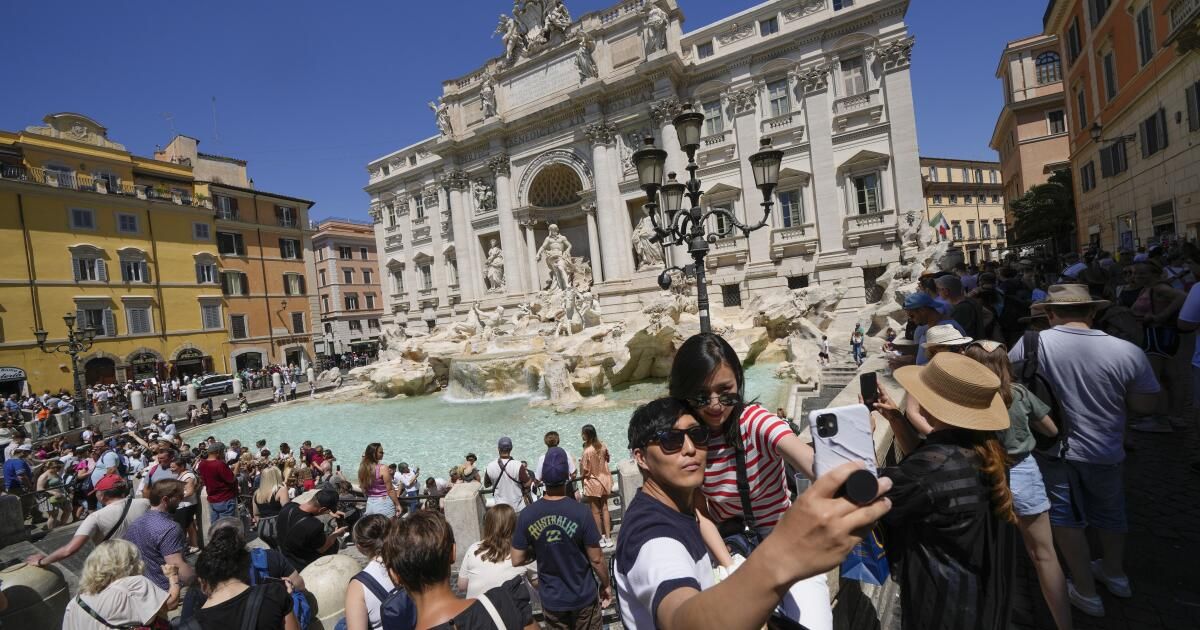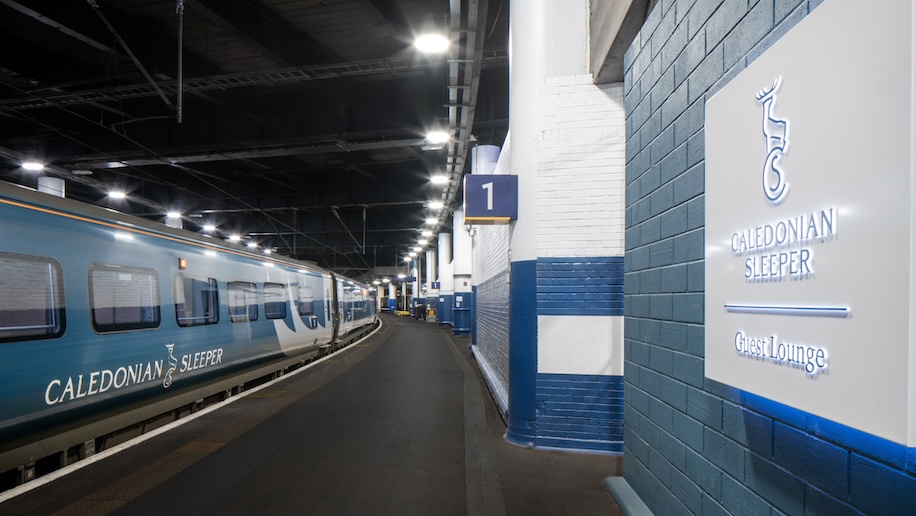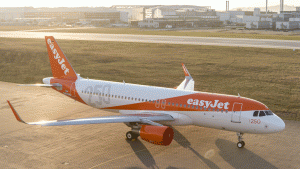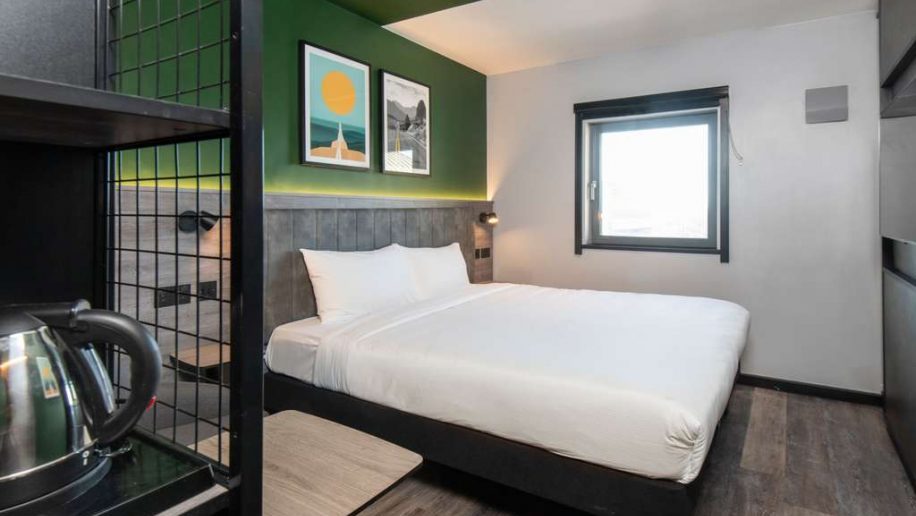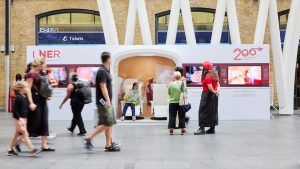Travelling can be exciting or horrifying, and whether we like it or not, we all leave our mark. Of course, some tourists stamp harder than others, and locals are left gaping, with their mouths hanging open or just shaking their heads.
In this busy travel season in Europe, here are some things that tourism professionals and locals wish you knew, so you don't get left behind. that tourist:
Buy locally made items
“Don't just buy cheap souvenirs,” advises Lony Scharenborg, who runs a merchants' association in Amsterdam's Nine Streets, a picturesque shopping area in the canal district.
“Remember that the people who live here need their bakeries and their grocery stores. Buy something from there.”
You are a guest, so act like one.
“A city is not just monuments and marble; it is people,” said Giovanni Andrea Martini, a councillor for the city of Venice.
“Show respect and coexist.”
In another over-scheduled destination, Barcelona Tourism's Emma Martin also said a little consideration goes a long way. She urged visitors to think of themselves as “temporary but integral” citizens.
Amsterdam officials and residents are encouraging visitors to buy local products, use public transport and get curious about life in the city beyond its usual attractions.
(Maximilian Mann / For The Times)
During large events, consider an alternative venue
This summer in Paris, many locals fled the Olympic crowds, while some travelers postponed their visits or found last-minute deals.
Another example: Scotland’s historic capital, Edinburgh, is even more crowded than usual during the Fringe Festival in August, but Malcolm Roughead, chief executive of VisitScotland, points out that lesser-known parts of the country are “full of hidden gems.” The moral: whenever possible, get off the beaten track.
Think about sustainability, especially in transportation.
“If you can, choose sustainable options: come by train, use an electric vehicle, use public transport when you are in the city or a bicycle,” says Charel van Dam, marketing director at the Netherlands Bureau of Tourism and Conventions. “Stay longer in the same place – moving less is always better.”
In all major European cities, and in many smaller ones, there are travel apps that help avoid bottlenecks.
Be curious and friendly
“I am happy when people ask me about cheese, but I am also very happy when they ask me about other things, about life here,” says Spyros Chalikias, 39, who works in a cheese dairy specialising in tourism in central Amsterdam.
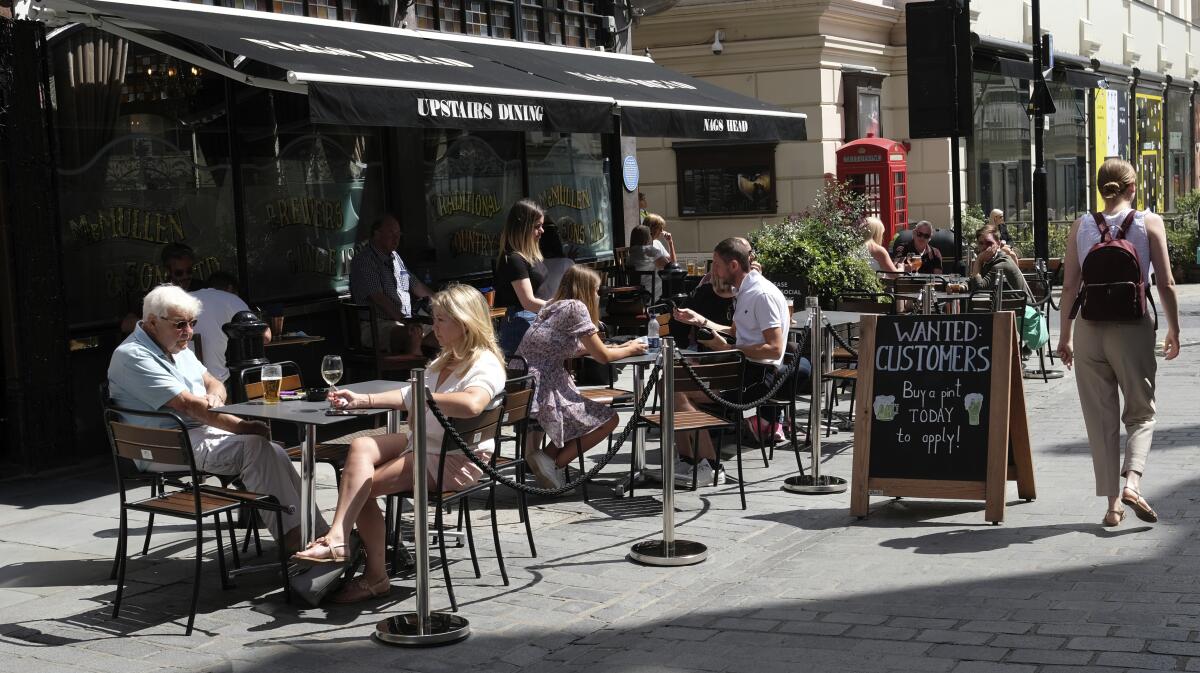
Tourism has picked up (some say too much) since the pandemic lockdown of 2020, when this London pub was looking for customers.
(Alastair Grant/Associated Press)
When you can see that you are part of the problem…
“If you see that huge line at that TikTok store, think about the impact that would have on a small street and maybe take your business somewhere else,” Scharenborg said.
Try to help local causes
Manuela Pietsch, a 52-year-old German tourist from Heidelberg, attended a recital at Amsterdam’s 17th-century Westerkerk church, and her voluntary donation went to help restore the historic Duyschot organ. “It makes me feel good to be part of this,” she said. “And it was a wonderful recital!”
In many European destinations, history is painful
“Yes, you can talk about the war,” says Jan Katzmarczyk, who has been leading tours of Berlin for 13 years, including to many notorious Nazi sites. He urges visitors to be direct in their questions, but not to point the finger at the current generation. “We will take the blame, but not the shame,” Katzmarczyk says, noting that virtually all of Germany’s wartime leaders are long dead.
No, it's not like home.
That's why you travel! Keep in mind that there won't be air conditioning everywhere, especially in smaller, older European hotels. Bring small change for public bathrooms (although many will let you use a credit card for a small fee).
Many restaurants may expect you to ask for bottled water rather than offering a free glass of tap water. Ice may be difficult to come by. Check out tipping guidelines, which vary from one European country to another, although tips are almost always less than expected in the United States.
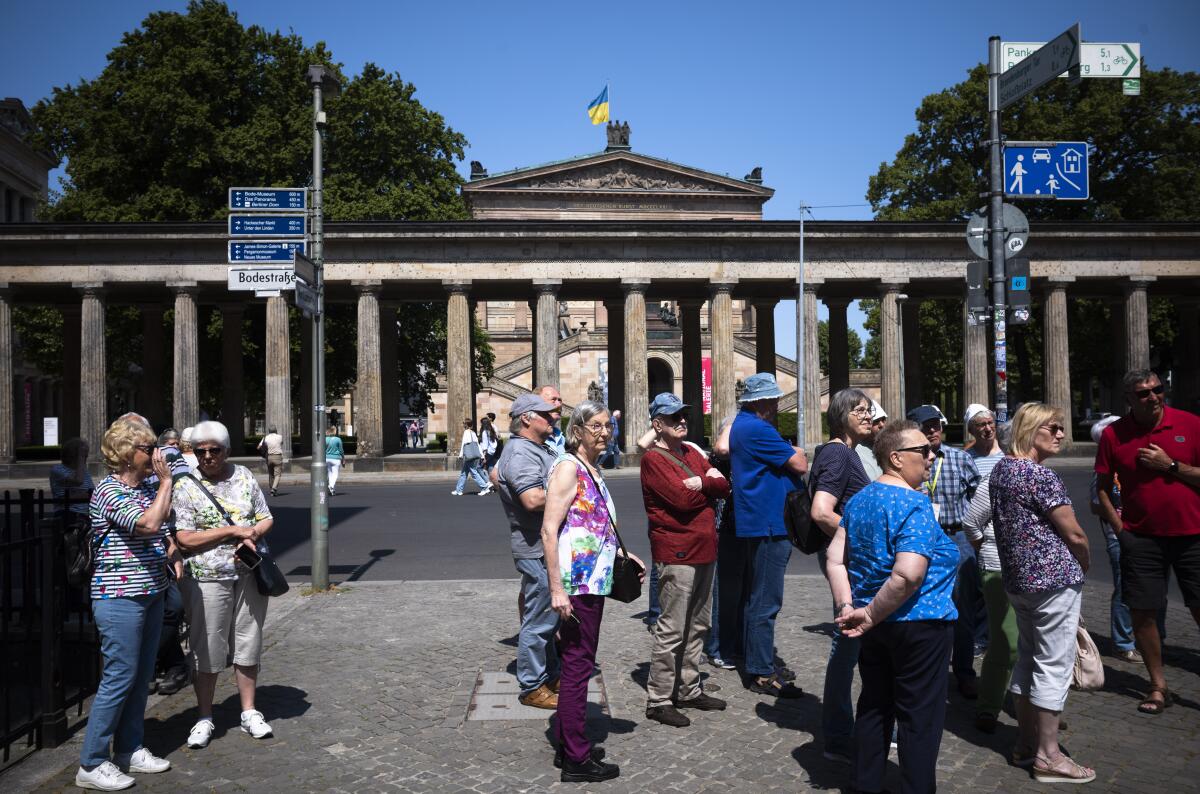
Visitors walk through Berlin's Lustgarten park, where mass Nazi rallies were held during Hitler's rule. A German guide says it's OK to ask about World War II, but warns against faking an accent.
(Markus Schreiber/Associated Press)
Adapt! That is, bring a plug adapter to charge your devices.
USB sockets are relatively rare, especially in older accommodation, and there is little chance that the hotel will have an adapter to lend you.
“I can’t tell you how often Americans ask me for it,” said the receptionist at a moderately priced Paris hotel, who did not want her name used because her employer would not approve. “Sometimes I want to say, ‘Oh, yes, let me go out and pluck one from the tree where they grow.’”
Don't take it out on service workers
They are trying to do their job and help you. Try to work with them and find solutions for that cancelled flight or overbooked hotel. Document what happened – save text messages, emails, and proof of payment. When it’s all over, write a calm note and chances are the airline, cruise line, or tour operator will try to compensate you.
Let's leave aside the obvious jokes
If the name of a particular place sounds funny to English speakers, you can bet the locals are tired of visitors pointing it out to them with giggles.
And don’t fake German accents, says Katzmarczyk. “It sounds terrible, mostly.”

